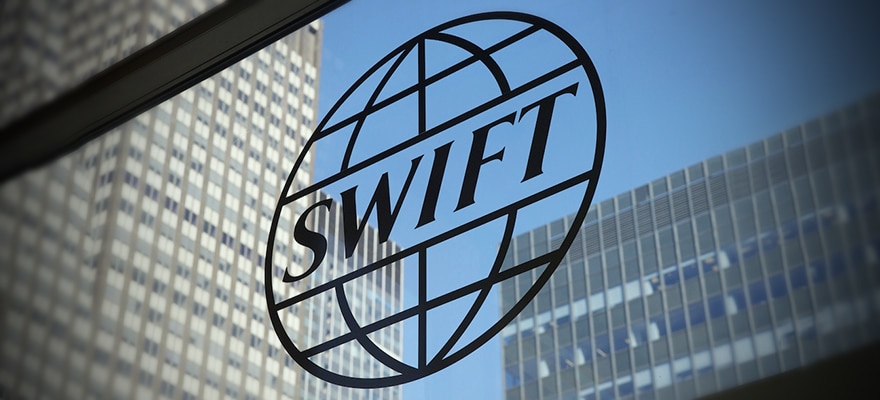The SWIFT Institute, SWIFT’ research portal and academic initiative has issued a warning to the multinational banking community of future fluctuations of regulatory challenges in the EU and US, which collectively can lead to information breakdowns between certain jurisdictions.
The group itself regularly conducts studies and research on the state of the financial community, as well as the challenges that could exist, given the shifting regulatory climate presently. With a litany of compliance measures currently holding sway over the payments industry, such as the EU’s Anti-Money Laundering Directive, as well as the upcoming MiFID II passage, among others, the ability to navigate through this legislation is more important than ever.
Compliance Challenges
The report titled, ‘Multinational Banking and Conflicts among US-EU AML/CTF Compliance & Privacy Law: Operational & Political Views in Context,’ emphasizes the duality between laws that seek to use data to protect the financial system and laws that seek to protect data privacy. In particular, the findings reveal several compliance areas could potentially challenge multinational financial institutions as they integrate privacy into their anti-money laundering (AML) and counter-terrorism finance (CTF) operations over the next two years.
Per the study, the current framework of multinational financial institution (MFI) in the EU could create regulatory risk. In the US, data has historically been the property of the entity that possesses it, i.e. a bank, however the EU adheres to a rule-based privacy regime data ownership belongs to the individual as a human right, which can conflict with AML/CTF regulations.
As EU Member States look to establish both technological and organizational safeguards for AML/CTF data protection over the next two years, the study recognized the need to engage in cooperative and collaborative dialogues with the financial services to create workable solutions.
According to the study’s author, Michelle Frasher, in a recent statement on its findings, “With this research, we aimed to present a comparative analysis of US federal and EU-level AML/CTF and data protection laws.”
“Challenges notwithstanding, data privacy programs benefit AML/CTF compliance because they create accountability trails, help financial institutions produce better data to authorities, and lend reputational currency. Despite the regulatory conflicts, the financial services industry has an opportunity to contribute to data privacy/AML/CTF solutions that fit their operations.”
The report can be accessed in full by the .





Be First to Comment